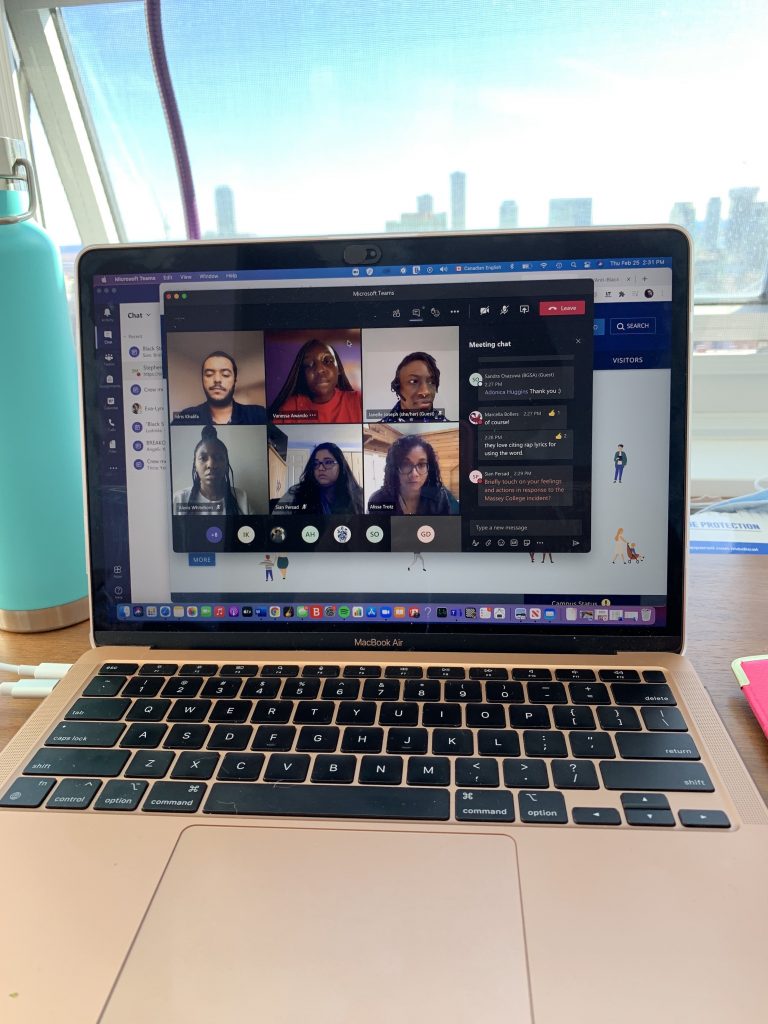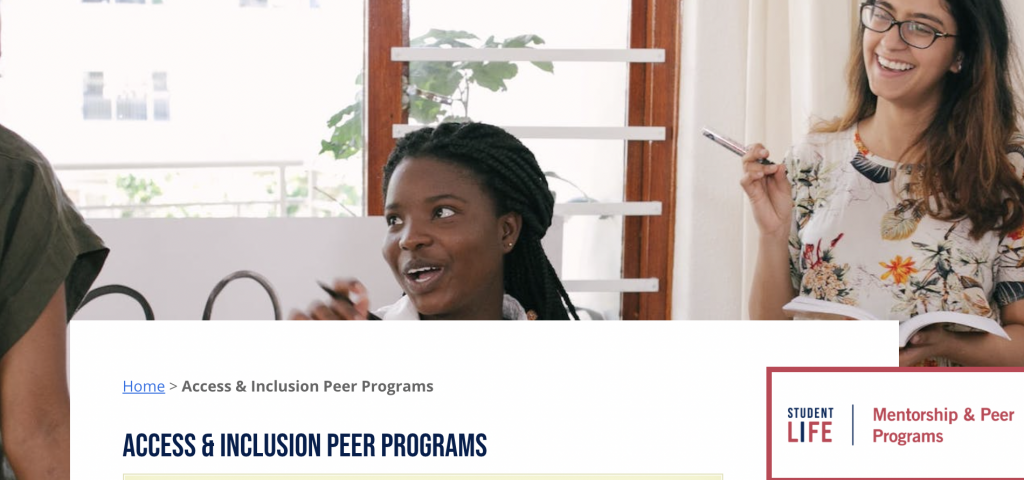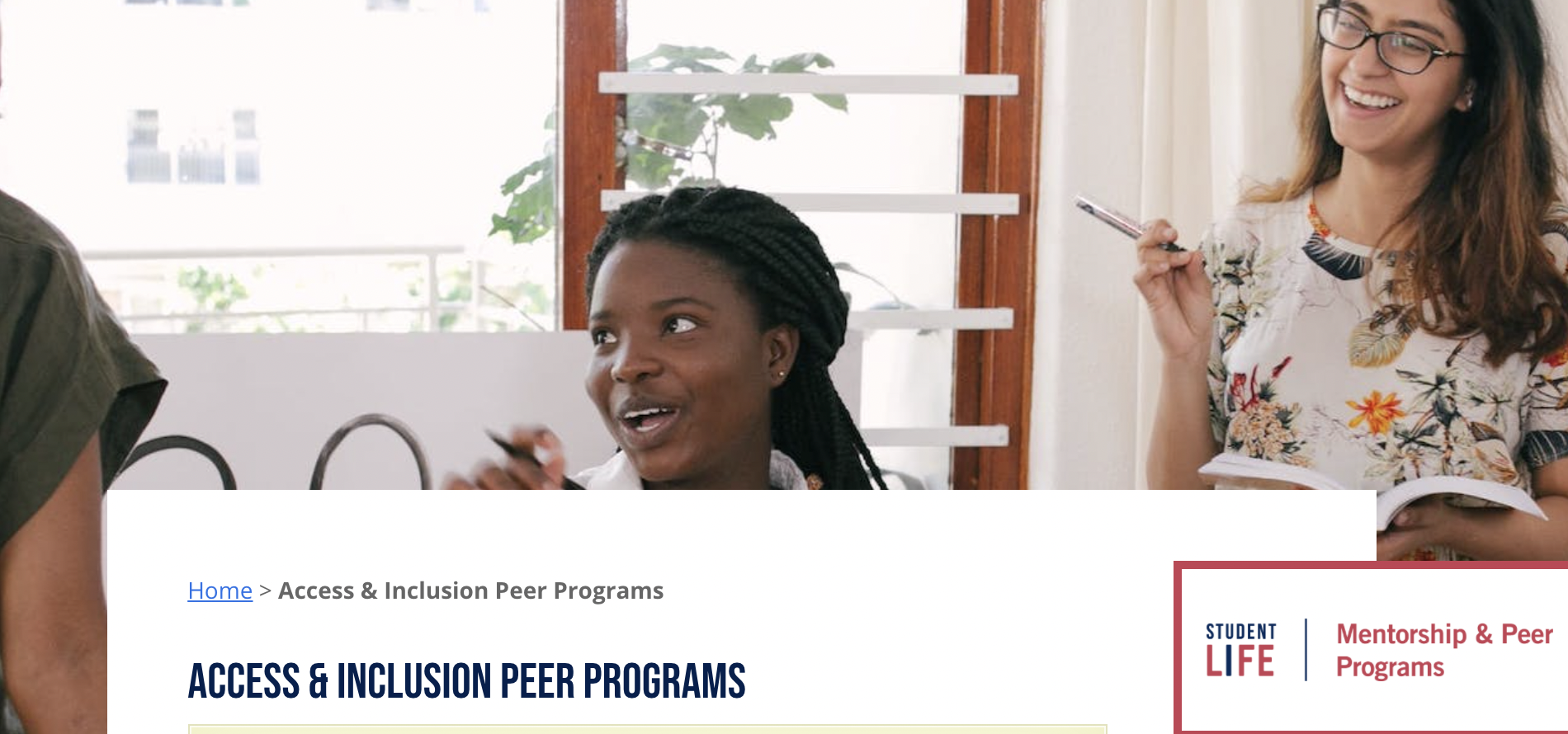“Anti-Black racism is a crisis — has been a crisis for 400 years. Now we’re starting to see a broader public understanding of that reality.”
Robyn Maynard
The Access and Inclusion Peer Program is a mentorship program for students from underrpresented and marginalized populations and demographics. Recently, I had the opportunity to attend one of their events on confronting anti-racism, in which Black professors at U of T spoke on dealing with macroaggressions as Black and racialized students.

At this event, I learned the difference between microaggressions and macroagressions, as well as shocking incidents of macroaggressions that many of my Black counterparts have experienced here at U of T, whether they are students or professors.
One professor, Dr. Janelle Joseph, spoke about an incident where a Black student in her class used the "n" word and attempted to justify his use of such a grotesque word. She later decided to set strict standards and boundaries in her syllabus, to prevent students from feeling comfortable using hurtful and racist language in her classes. Unfortunately, racialized persons shouldn't have to tell students not to use offensive, racially charged language and these macroaggressions can make life as a Black student or professor much more difficult.

Having spaces for Black, indigenous, and racialized students is extremely important and I'm glad that the U of T has created opportunities for gatherings of diverse Black groups and communities. Both speakers, Dr. Janelle Joeph and Dr. Alissa Trotz spoke on strategies and actions for Black students who experience macroaggressions. They spoke on the importance of believing yourself and refusing to second guess your experiences. If you think you've experienced a macroaggression, you are likely correct. Dr. Joseph and Dr. Trotz also recommended going to someone you trust and finding and developing a community of support, as a Black student. Likewise, they stressed the importance of addressing offensive events with instructors and members of faculty. Lastly, I appreciated the emphasis on fighting and committing to the work of institutional change, not only for Black students, but for our non-Black allies.
All in all, this event was an incredible resource for students, and extremely timely during this Black history month. I especially valued the attention given to the ways that U of T can improve as an academic institution, by including more racialized professors and people who demonstrate Black excellence. U of T needs to both recognize and promote Black joy as opposed to merely focusing on Black pain and Black trauma.
In the future, I plan to attend more Access and Inclusion Peer Program events. There are six mentors with whom students may book sessions and speak with on various issues pertaining to academics at U of T, life as a racialized minority or mature student, and more. Likewise, the program hosts drop-in events for students to address questions, discuss ideas and connect with other students. Lastly, there are numerous events and workshops (like the one I attended) where students who belong to minority groups may learn strategies and coping skills.

0 comments on “Attending A ‘Black Students With Black Profs’ Event on Macroaggressions”